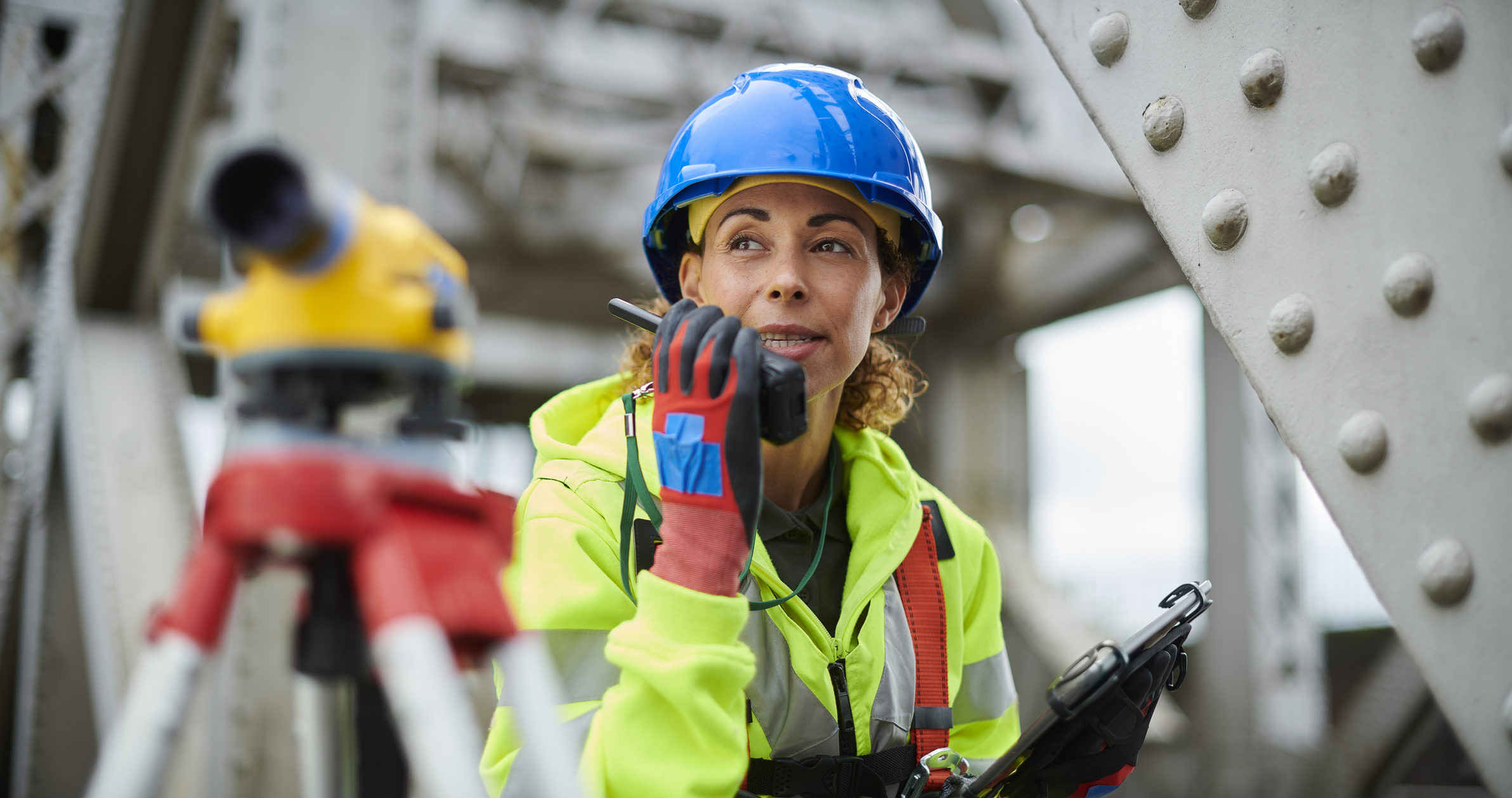From our Founder & Director, Anna Roussos:
I caught an eye-opening segment on The Project last week that got me frantically scribbling notes as I thought it’d be an interesting one to share in this month’s newsletter. It covered the severe shortage of skilled workers in the construction industry, especially tradies. What really struck me was the discussion about the barriers facing women trying to break into the field. It's crazy that some still see it as a "man's job” and shockingly, only 2.5% of carpentry apprentices are female, showing just how big the gender gap is in this trade.
One of the primary reasons behind this disparity is the reluctancy of employers to hire women, leading some female applicants to resort to altering their names to sound more masculine in hopes of securing call-backs on their resumes. The hostile work environment faced by women in construction, has also seen 47% reporting experiences of disrespect and harassment, prompting many to consider leaving the industry altogether.
However, addressing this shortage is critical, particularly considering the government's ambitious plan to build 1.2 million homes in the next five years. To meet this goal, The Project predicts that Australia needs an additional 90,000 construction workers in the next 90 days. Importing labour may seem like a quick fix, but it raises the question of housing for these workers, highlighting the necessity of sourcing tradespeople domestically.
By breaking down gender barriers and creating a more inclusive environment within the construction industry, we can harness the potential of female tradies to meet the growing demand for skilled workers. Empowering women to pursue careers in construction not only addresses the immediate labour shortage but also fosters greater diversity and equality within the workforce, ultimately benefiting the industry as a whole. It's time to recognise and leverage the valuable contributions that women can make to the construction sector, paving the way for a more sustainable and inclusive future.


